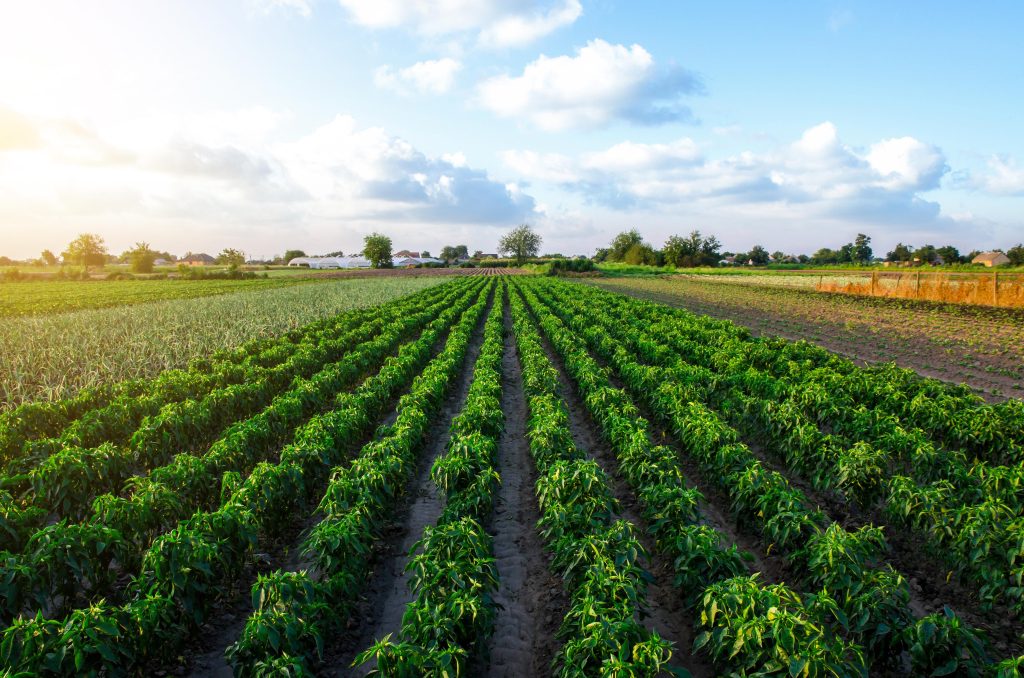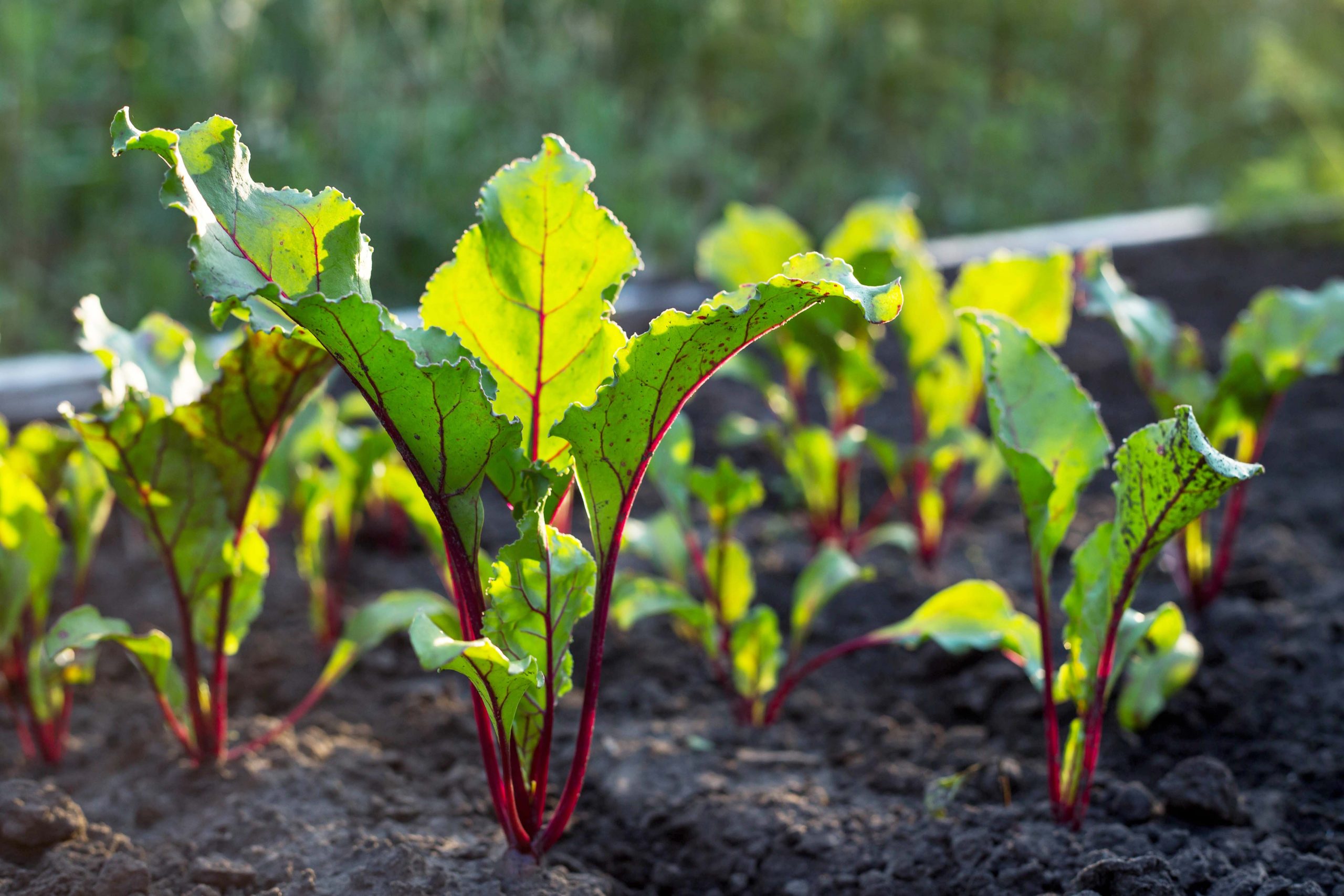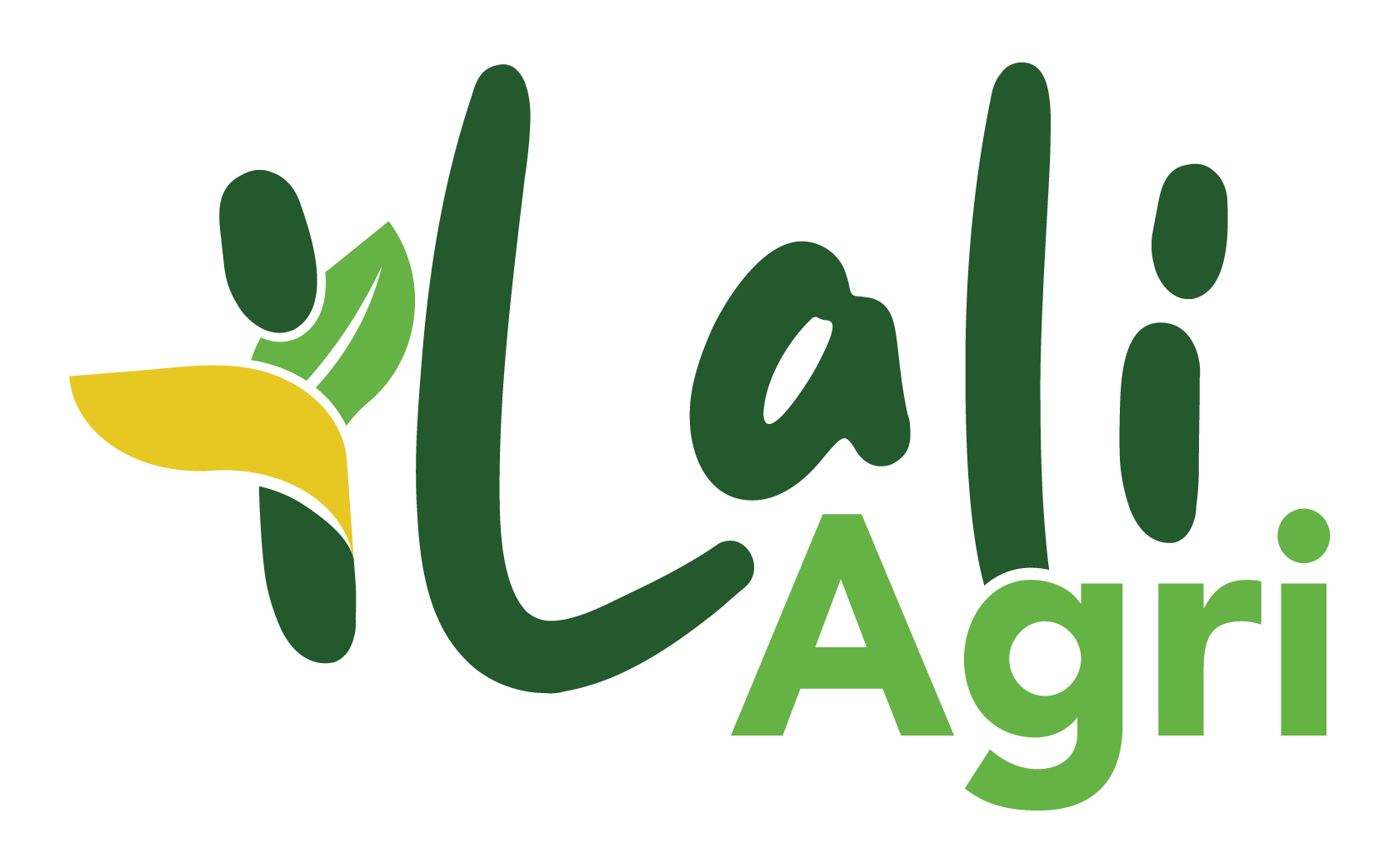
WHAT WE DO
Our activities span across four interrelated programme areas, each designed to address agricultural challenges through sustainable, science-based, and socially inclusive approaches.
(Click each category for more information):
Sterile Insect Technique (SIT)
In partnership with Sterile Insect Technique (Pty) Ltd, we deploy a proven, environmentally friendly method for area-wide pest suppression, mainly focused on false codling moth (FCM).
- SIT involves releasing sterile moths into orchards to suppress wild populations without harmful pesticides.
- Unlike chemical control, SIT is species-specific and leaves beneficial insects and pollinators unharmed.
- Programs run between 27 and 39 weeks, depending on the crop, offering reliable pest management throughout the production cycle.
By reducing reliance on pesticides and harmful chemicals, Ilali Agri NPC:
- Reduces the destruction to the natural environment that is usually synonymous with such chemicals; and
- Reduces the number of toxic substances consumed by the general public daily, reducing the risk factors associated with cancer and other diseases.
Monitoring and Surveillance of Pests
- Conducted year-round across key fruit-growing regions.
- Provides growers with real-time data on pest populations.
- Helps farmers act early and use pesticides only when necessary.
- Supports Integrated Pest Management (IPM), protecting beneficial organisms and biodiversity.
Targeted Agricultural Development
In collaboration with partners such as the Centre of Biocontrol, Citrus Research International (CRI), River Bioscience, and industry bodies:
- Develop disease-resistant varieties and biological control agents.
- Innovate post-harvest and food safety practices.
- Adapt agricultural systems to climate change challenges.
- Support smallholders and emerging farmers with access to technologies and knowledge.
Black Farmer Development
Through partnerships with the Citrus Growers Association Grower Development Company, Citrus Academy, and CRI extension officers:
- Provide technical support and training to black farmers.
- Build skills in sustainable practices, pest management, and business development.
- Promote equity and inclusivity in agriculture.
- Strengthen the resilience of farming communities and the agricultural economy.

OUR IMPACT
The work of Ilali Agri advances both environmental conservation and food security, delivering meaningful benefits across multiple dimensions:
(Click each category for more information):
Protecting Ecosystems and Reducing Chemical Use
By implementing bio-friendly pest control methods such as SIT and targeted monitoring, we help reduce the use of broad-spectrum pesticides that harm pollinators, predators, and soil health. This ensures that agriculture coexists with the natural environment, preserving biodiversity and reducing toxic residues in ecosystems.
Safeguarding Food Security
Healthy crops are central to stable food systems. Our pest control and R&D initiatives protect yields, improve fruit quality, and expand market access for South African growers. This strengthens both domestic food supply and export opportunities, ensuring that nutritious fruit remains available and affordable.
Driving Innovation and Climate Adaptation
Our R&D programmes generate practical solutions to pressing challenges such as climate change, pest resistance, and shifting global markets. By fostering innovation, we equip the agricultural sector with tools to remain competitive and resilient in the face of future uncertainties.
Creating Jobs and Supporting Communities
Ilali Agri initiatives create employment in pest monitoring, SIT implementation, and research projects, while also enabling black farmers to expand their operations and generate livelihoods in rural communities. Empowering black farmers contributes to a more inclusive and equitable agricultural sector.
Building Awareness and Skills
Through training and farmer support, we build awareness of the importance of bio-friendly farming measures and empower unemployed people and emerging farmers with the skills to participate in agriculture sustainably. This fosters stronger rural economies while protecting the environment.
